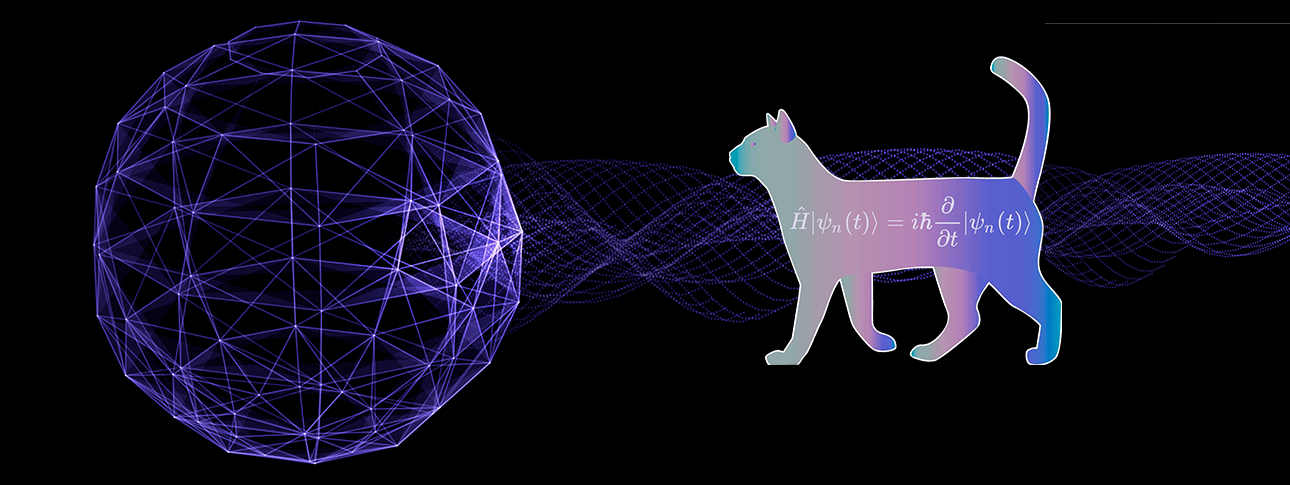
Perfect Forward Secrecy in Quantum Computing and its Application in Industry




With the rising prowess of quantum computers, the security of today's encryption standards has been brought into question. One term you might often come across in discussions about quantum-safe encryption methods is Perfect Forward Secrecy (PFS). Here, we'll delve into what PFS is, its significance in the age of quantum computing, and its implications for industries.
In simple terms, Perfect Forward Secrecy (PFS) is an encryption feature where different keys are used for every session. This means that if a hacker manages to compromise one key, they cannot decrypt past or future encrypted sessions—only the specific session associated with that key.
Traditionally, many cryptographic systems use a single private key to secure communications over an extended period. If this key is compromised, all past and potentially future communications can be decrypted.
PFS ensures that even if an adversary can decrypt one communication session, previous and subsequent sessions remain confidential because they’re encrypted with different keys. This is achieved through key-agreement protocols, which help in generating session keys without the need for prior shared secrets.
Quantum computers, with their promise of unparalleled computational power, also bring with them the potential to crack widely used encryption schemes like RSA and ECC in polynomial time. Specifically, Shor’s algorithm can factor large numbers efficiently on a quantum computer, rendering many public-key cryptographic systems obsolete.
However, when combined with PFS, even if an adversary uses a quantum computer to break a session key, they cannot decrypt past communications. This property provides an additional layer of security, making PFS an attractive option in the quantum age.
While PFS offers enhanced security, especially in the context of quantum computing, it isn't a silver bullet. Implementation can be resource-intensive and can slightly slow down connection establishments because of the need for real-time key generation and agreement. This might be a concern for applications that require real-time communications.
Moreover, while PFS protects against future decryption of past sessions, it doesn't protect the session key of an ongoing session from being decrypted. As such, it is a component of a robust security strategy but shouldn't be the sole reliance.
Nevertheless, as quantum computing continues to evolve, industries should be proactive in bolstering their cybersecurity measures. Perfect Forward Secrecy, when combined with other quantum-resistant cryptographic methods, can provide a comprehensive defense strategy, ensuring data security now and in the future.
In conclusion, the fusion of PFS with other quantum-safe cryptographic techniques will likely become the industry standard. As quantum computers become more powerful and prevalent, industries must adapt to safeguard their operations and data. Embracing and understanding technologies like Perfect Forward Secrecy will be a crucial step in this evolution.